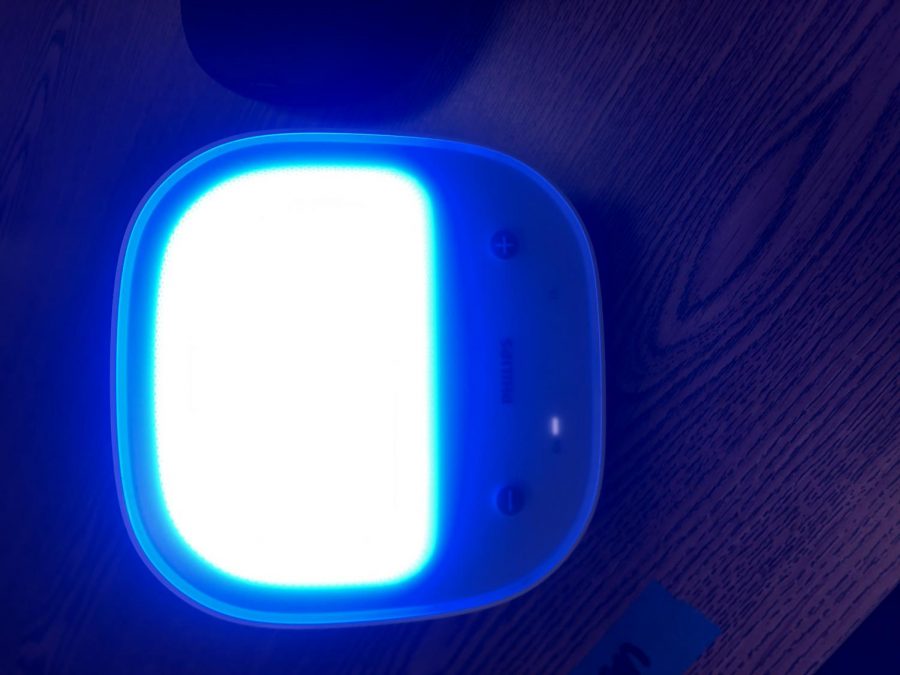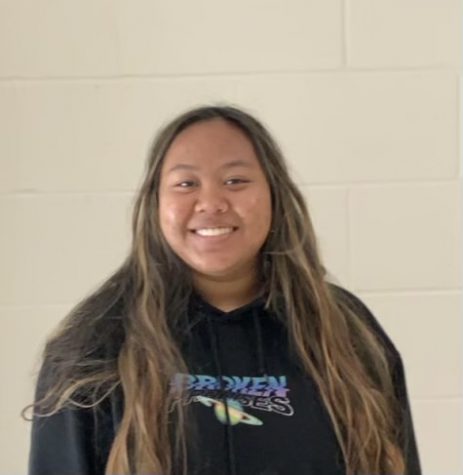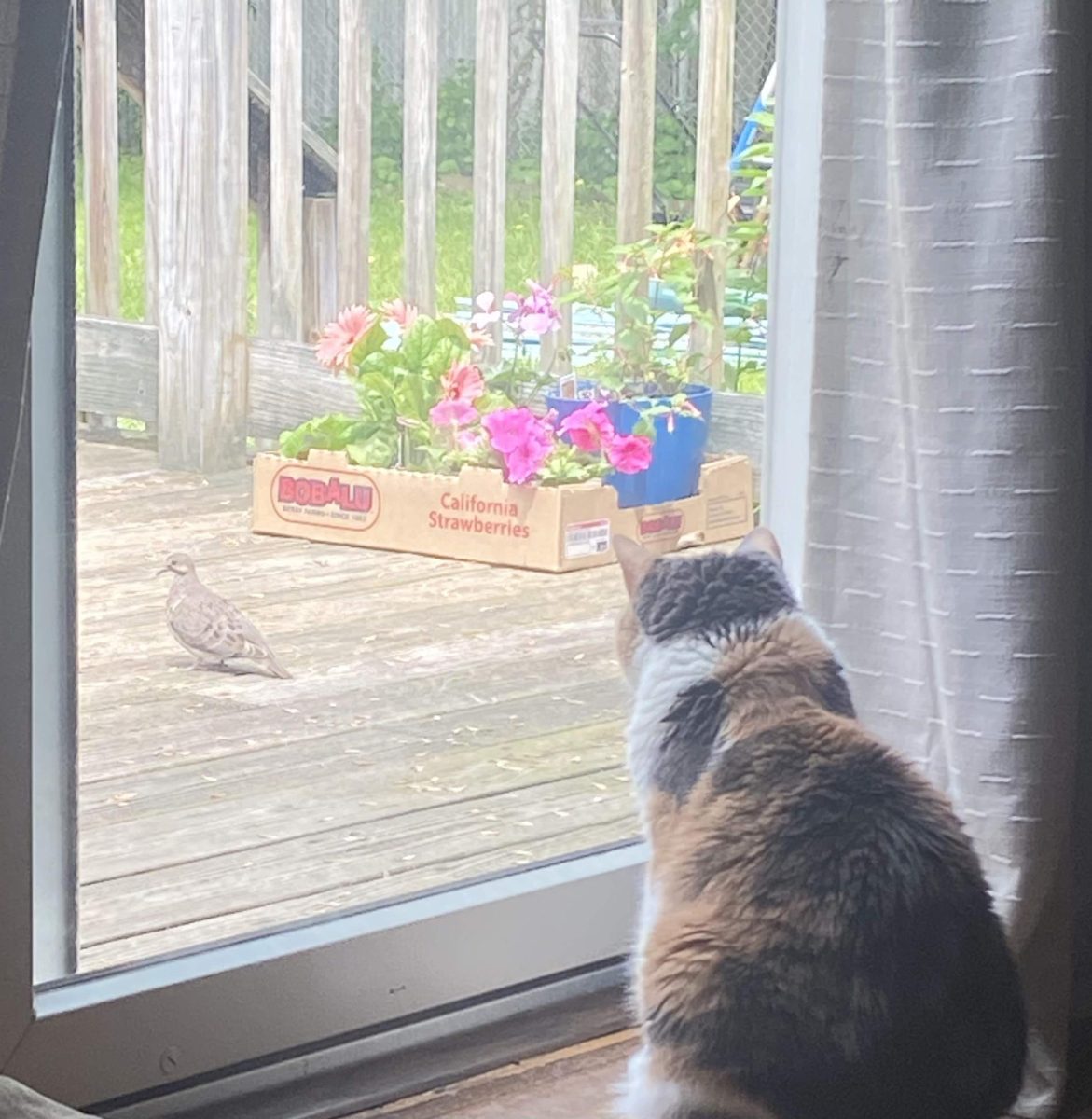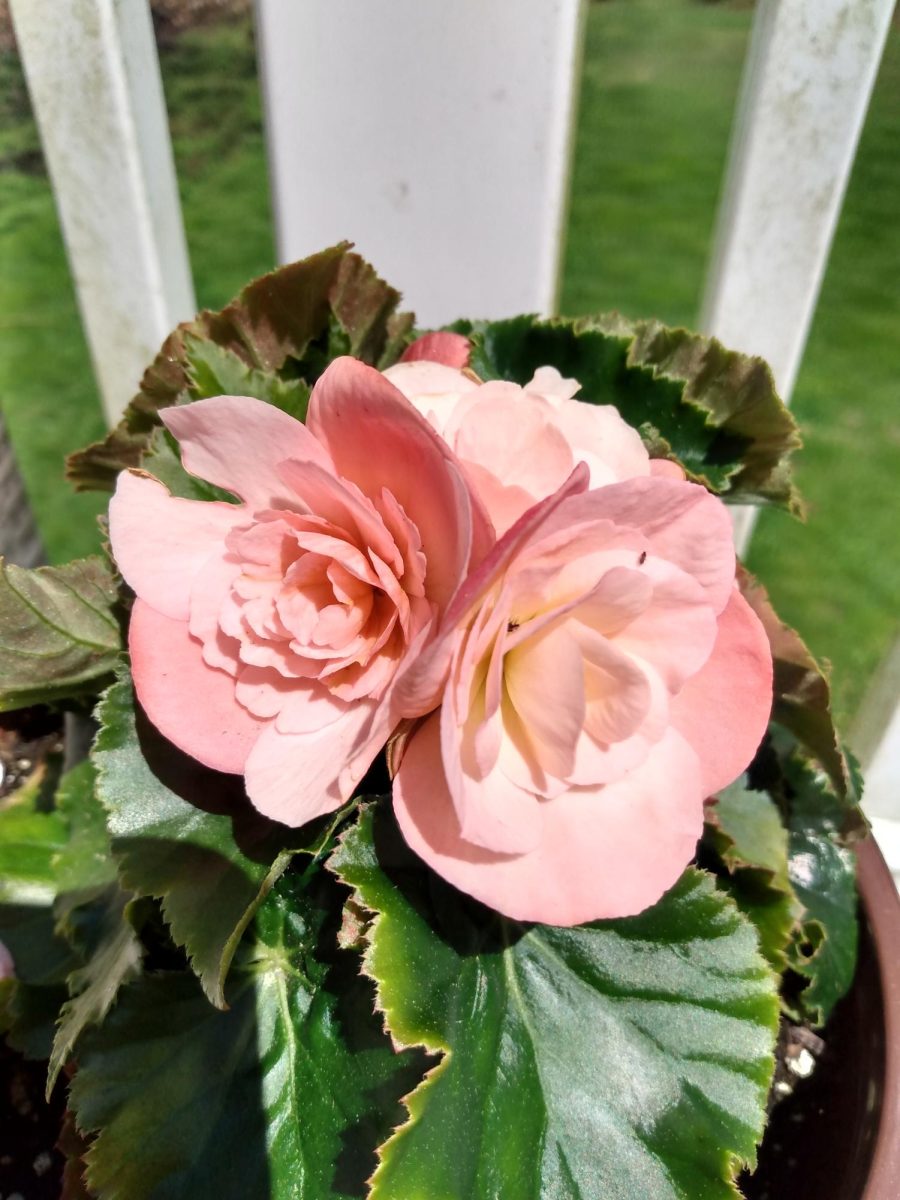How To: Coping With Seasonal Affective Disorder
November 17, 2020
As the seasons change and the weather becomes colder, it is crucial to know about seasonal affective disorder and ways to help cope with it if you are an individual who experiences it.
Seasonal affective disorder (SAD) is a type of depression that relates to the seasons changing. According to Mayoclinic.org, people with seasonal affective disorder would typically start showing symptoms in the fall and into winter. SAD does not only occur in the cooler months, it can also occur during any other season, but is most common during winter.
Some symptoms of SAD are feeling depressed most of the day, lost interest in activities, changes in weight or appetite, problems with sleeping, feeling sluggish or agitated, and more.
With this new change, it is imperative to learn how to keep yourself happy and know when it is time to seek help.
Senior Jenna DeEll says, “I have never experienced seasonal affective disorder but I have realized that over the colder months I get sad and miss summer.”
DeEll advises that finding what makes you happy could be the key, “ I like to just drive around and listen to music, or sit at the beach with my friends and watch the sunset.”
Finding hobbies you love or that can occupy yourself during the cooler months can also be very beneficial for you. This will help to make yourself happy, and as a result will help make you feel good about yourself.
Senior Brittany Sorianno says, “During the cooler months I like to do things that will better myself or make me relaxed. I like going to the gym and getting a good workout during the day. This not only occupies me but it also makes me feel really confident in myself.”
Sophomore Gianna Piscitelli says that when she feels upset she likes to focus on herself and do things that will keep her stress levels down. “I like to take a relaxing bath, do face masks, listen to music and paint my nails. I think it is so important to have a self care night every once in a while and just do things to help you relax,” says Piscetelli.
Scientists do not know exactly what causes SAD. However, there is one theory scientists have made connections to the ideas that indicate less sunlight exposure during fall and winter leads to the brain producing less serotonin. Serotonin is a chemical that is linked to brain pathways that regulate mood.
According to WebMD, when nerve cell pathways in the brain that regulate mood are not functioning properly feelings of depression, fatigue and weight gain can occur as a result. For more information on SAD click this link, https://www.webmd.com/depression/guide/seasonal-affective-disorder#1
There is also a product called a light box used to help people with SAD. A light box essentially mimics outdoor lights and is made up of 10,000 lux of light. Scientists believe that this specific type of light will cause a chemical change in your brain which will help to lift your mood.
Junior Julissa Carr has experienced SAD and says, “ I have gone through therapy and it personally has helped to make me feel better. But one thing that really has helped me cope with it is being around my friends and being able to talk about how I feel with them. I think it is important that if you do have SAD you have people you can talk to about what’s going on with you.”
SAD is a disorder that impacts many different individuals each year and it is so important to be aware of it. There are many informational websites that show symptoms and how to get help to fit your own personal needs.
School counselor Ms. Bonn says, “ In my opinion and experiences, staying active, proper diet/ nutrition, healthy sleeping patterns, and communicating with people you love can help with SAD. If you are struggling, talk to someone to help you- school counselor, parents/guardians, friend or other supports in your life!”








